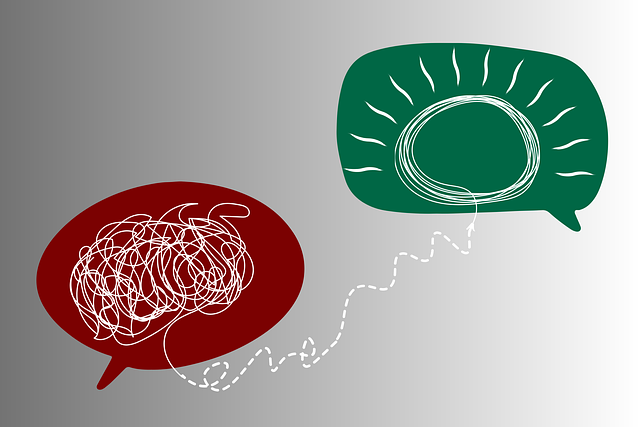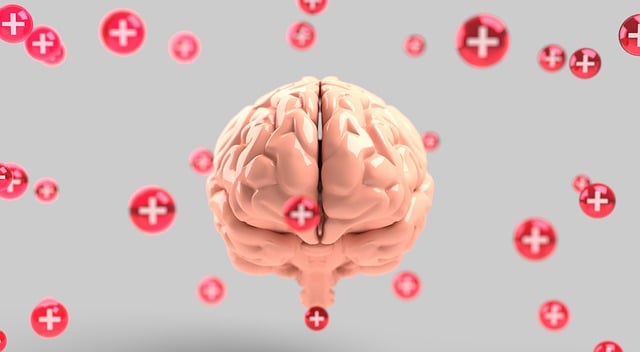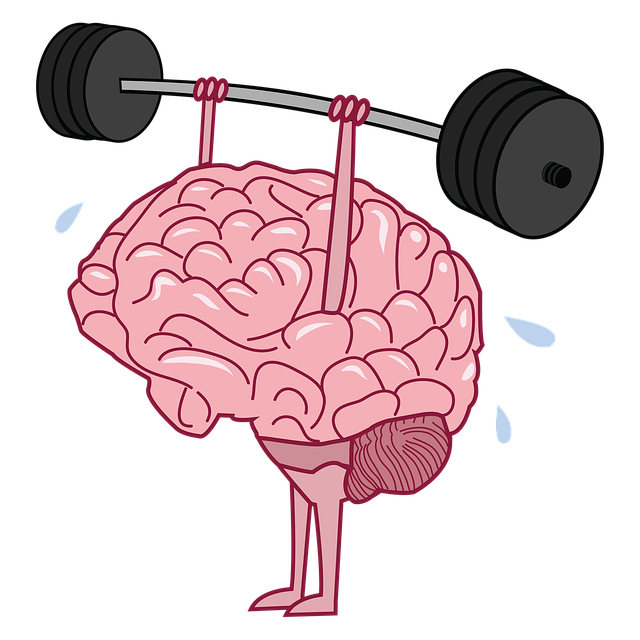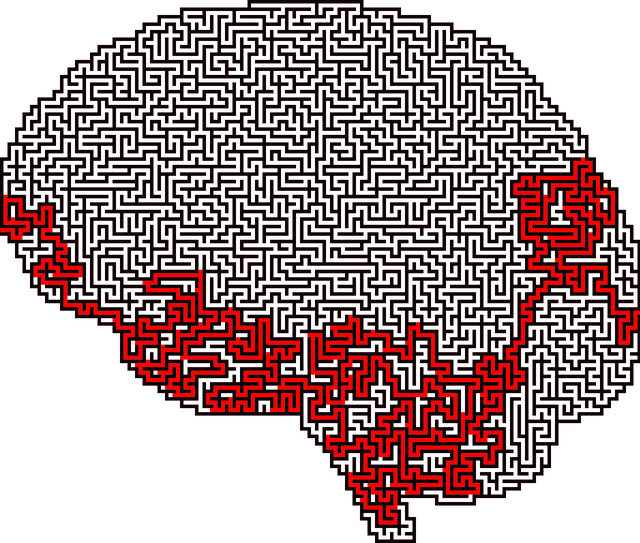Early recognition of depression in children is crucial through identifying subtle behavioral changes. Wheat Ridge Children Therapy emphasizes open communication, emotion validation, and healthy habits for prevention. Regular exercise, balanced nutrition, and sleep promote emotional resilience. Professional help from specialists like Wheat Ridge offers early intervention, therapy, and tailored support to reduce depression risk and foster long-term well-being.
Depression among children is a growing concern, but with the right strategies, we can empower them to navigate this challenge. This comprehensive guide delves into essential prevention techniques, from identifying early signs of depression in young minds to fostering a nurturing home environment. We explore activities and healthy habits that promote well-being, emphasize the role of professional therapy, and offer long-term resilience-building strategies. For parents and caregivers, these insights, backed by Wheat Ridge Children Therapy’s expertise, are vital tools to support children’s mental health.
- Recognizing the Signs: Understanding Depression in Children
- Creating a Supportive Environment at Home
- Encouraging Healthy Habits and Activities
- Exploring Professional Help and Therapy Options
- Building Resilience: Long-term Strategies for Well-being
Recognizing the Signs: Understanding Depression in Children

Recognizing depression in children is a vital step towards prevention and early intervention. Children may express their feelings differently than adults, often showing subtle changes in behavior or mood rather than overt sadness or hopelessness. It’s crucial for parents, caregivers, and educators to be aware of these signs, especially as they can sometimes be mistaken for typical childhood behaviors or other issues like Anxiety Relief.
Symptoms may include persistent irritability, withdrawal from social activities, changes in appetite or sleep patterns, difficulty concentrating, and low self-esteem. If you notice these changes, it’s important to seek guidance from a healthcare provider who specializes in child therapy, such as those at Wheat Ridge Children Therapy. They can provide Cultural Competency Training for better understanding and offer tailored Mental Wellness Journaling Exercise Guidance to support children’s mental health.
Creating a Supportive Environment at Home

Creating a supportive environment at home is a crucial aspect of depression prevention strategies, especially for children. At Wheat Ridge Children Therapy, we emphasize the role of family in fostering mental well-being. A nurturing atmosphere can significantly impact a child’s ability to develop resilience and manage their mood effectively. This involves open communication where feelings are validated and parents actively listen to their children’s concerns. By creating safe spaces for emotional expression, kids learn to identify and process their emotions healthily.
Additionally, promoting good sleep hygiene, regular physical activity, and balanced meals can go a long way in stress management—a key factor in preventing depression. Incorporating relaxation techniques like mindfulness or yoga into daily routines can also help regulate mood. These practices not only build resilience but also empower children to take charge of their mental health, equipping them with essential tools for life.
Encouraging Healthy Habits and Activities

Encouraging healthy habits and activities is a cornerstone of depression prevention strategies, particularly for young individuals seeking support through Wheat Ridge Children’s Therapy. Incorporating regular physical exercise, balanced nutrition, and sufficient sleep into daily routines can significantly boost mood and mental resilience. Outdoor activities, like walking or playing sports, release endorphins that promote feelings of well-being and reduce stress.
Additionally, engaging in creative pursuits, spending time with supportive social networks, and practicing mindfulness or relaxation techniques contribute to emotional health. These activities foster inner strength development and conflict resolution skills, empowering individuals to navigate challenges more effectively. By integrating these habits, young people can build a solid foundation for overall well-being, enhancing their ability to cope with life’s stressors and potentially reducing the risk of depression.
Exploring Professional Help and Therapy Options

Depression is a serious mental illness that can significantly impact an individual’s daily life and well-being. Exploring professional help is often a crucial step in managing and preventing depression. Wheat Ridge Children Therapy, for instance, offers specialized services tailored to young individuals, focusing on early intervention and long-term support. This approach recognizes the importance of addressing emotional and behavioral issues at a manageable stage.
Therapy plays a pivotal role in prevention strategies, providing a safe space for individuals to express their feelings and learn coping mechanisms. Through various therapeutic modalities, mental health professionals can assist in identifying triggers, improving self-esteem, and fostering resilience. Additionally, risk assessment tools help in early detection, enabling prompt intervention. With the right support, individuals can navigate through challenging times, reduce the impact of mental illness stigma reduction efforts, and develop healthy coping strategies for lifelong well-being.
Building Resilience: Long-term Strategies for Well-being

Building resilience is a key aspect of long-term strategies for depression prevention. Wheat Ridge Children Therapy emphasizes that fostering adaptability and strength helps individuals navigate life’s challenges more effectively. By developing coping mechanisms, building a supportive network, and cultivating a positive outlook, people can enhance their mental well-being. This proactive approach not only reduces the risk of depression but also promotes overall resilience, enabling individuals to thrive even in difficult circumstances.
In this context, Mental Health Awareness plays a crucial role, as it encourages open discussions about depression and breaks down associated stigma. Healthcare Provider Cultural Competency Training is another vital component, ensuring that professionals are equipped to offer sensitive and effective support tailored to diverse cultural backgrounds. Additionally, Stress Reduction Methods such as mindfulness practices, exercise, and therapy can significantly contribute to building resilience by teaching individuals to manage stress effectively and promote emotional balance.
Depression prevention is a multifaceted approach that begins with recognizing signs in children, fostering a supportive home environment, and encouraging healthy habits. Professional help through therapy, such as that offered at Wheat Ridge Children Therapy, plays a crucial role in addressing underlying issues. Building resilience through long-term strategies ensures children develop the tools to navigate life’s challenges, promoting overall well-being. By combining these methods, parents and caregivers can empower children to thrive and lead fulfilling lives.














